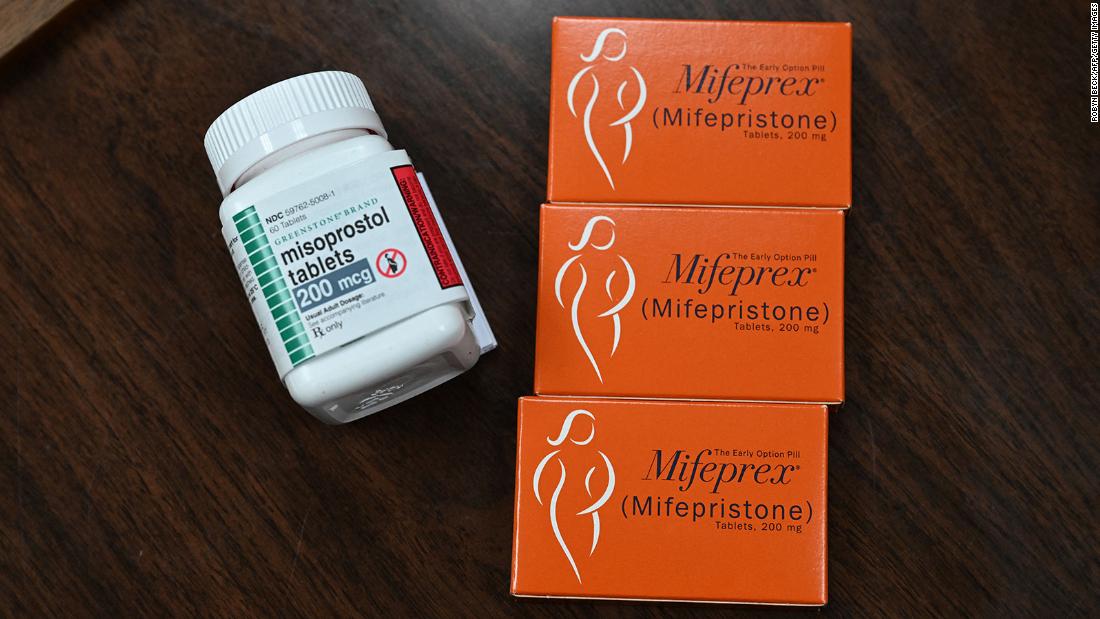BRITAIN’S most remote island that’s home to only 30 residents have a bizarre age-old tradition that sees them celebrate Christmas and New Year on the completely wrong days.
The people of Foula celebrate the two huge days in January each year rather than December 25 because of an unbelievable difference in how they tell what day it is.
GettyThe Shetland island of Foula celebrates Christmas and New Year 12 days after the rest of the UK because of a bizarre age-old tradition[/caption]
The tiny place only has 30 residents but because of their ancient Julian calendar they have their Christmas day on January 6 and New Year on January 13Alamy
The quiet Shetland island have this bewildering rule as they don’t use the same calendar as the rest of the UK.
The usual Gregorian calendar we’re all so used to came into popularity in 1752 when we switched over from the Julian calendar.
But little old Foula didn’t decide to make the change and stuck with the usual schedule they had all grown up using.
This major difference caused the days to shift and ever since a single leap year in 1900 Foula locals have celebrated Christmas and New Year 12 days after everyone else.
January 6 and January 13 have long been two of the most important dates for them despite them being nothing but a chilly winter‘s day in the UK.
Even though the date is different, the actual celebration is very similar as the islanders all meet up in one big house and swap gifts and sing merry songs.
The group – made up of ten children – live 200 miles north of John O’Groats in Scotland but lead a very strong Norse way of life.
Cultural traditions of music, festive foods and classic folklore tales are all apart of their celebrations.
Stuart Taylor lives in Foula and doesn’t see their way of celebrating that odd.
He told Mirror Online: “Islanders have celebrated these days since before the Gregorian calendar.
“We are not unique – other parts of the world, such as areas of Russia, still celebrate the old calendar.
“Families open their presents in their own homes and then in the evening we all tend to end up in one house. The tradition is not going to end here.”
Foula – which means bird island in old Norse – is only three and a half miles long and two and a half miles wide, making the locals very close with each other and creating a lovely festive atmosphere.
The island only got running water back in 1982 and had to wait for decent electricity until 1984 when it was supplied by a diesel generator.
There is no connection to the national grid on Foula so the islanders now have to run their own electricity scheme made up of three wind turbines, a hydro generator, solar panels, battery banks and a clever distribution network.
The island is also trying its hardest to become carbon net zero as soon as possible.
GettyThe island still has a strong Norse culture which is one of the reasons why they didn’t change to the Gregorian calendar like the rest of the UK[/caption]
Despite the difference in the day of festivities they still celebrate in a similar way with presents, food and a big get togetherGetty
Foula Primary School where only six kids attendAlamy Published: [#item_custom_pubDate]















































































































